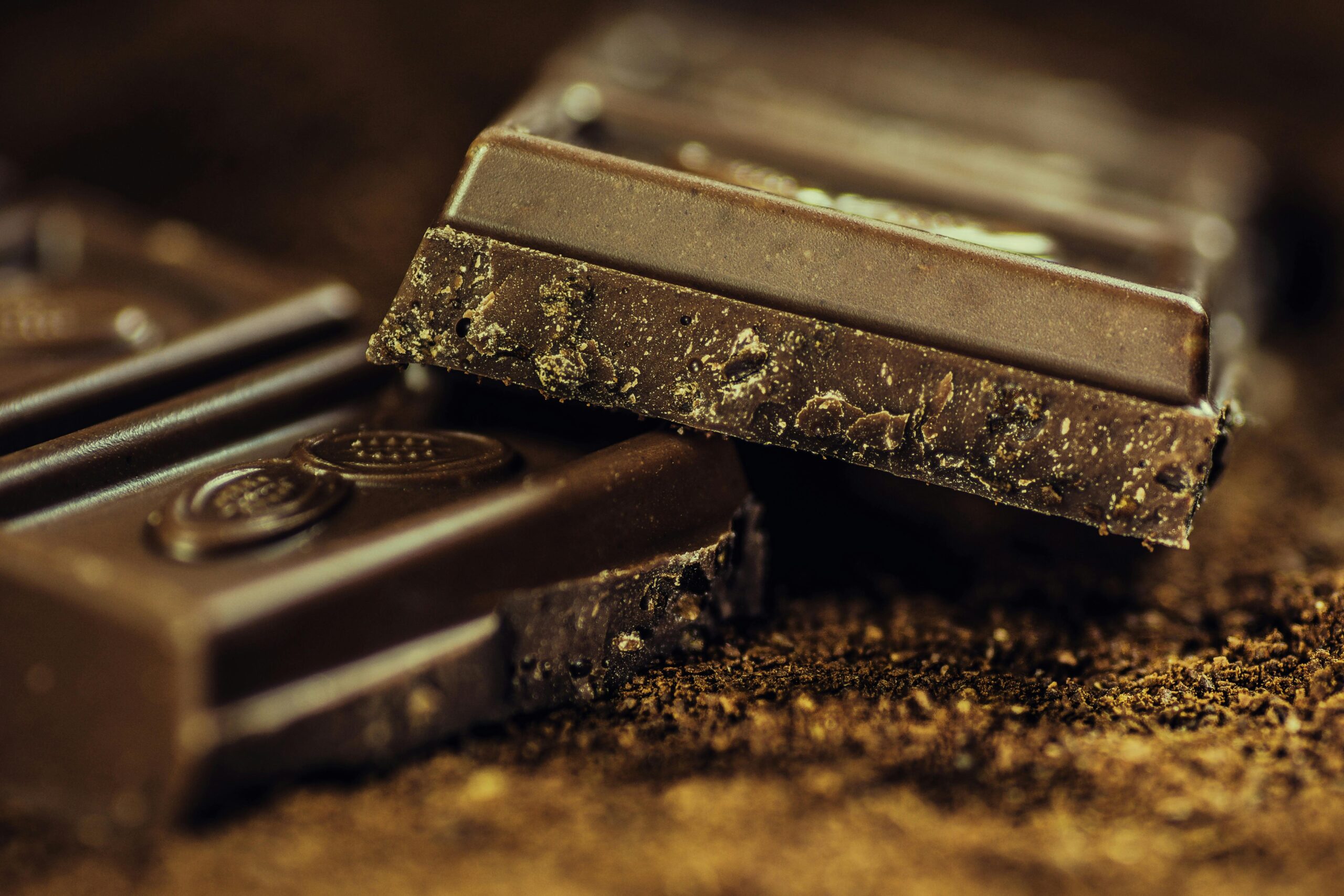The first appearance of Easter eggs in supermarkets at the end of December makes me scoff slightly, but there are few people who aren’t delighted to receive a bit of chocolate every year.
The high fat and sugar content in most products makes it clear that too much chocolate would be bad for you. What should we make of the widespread claims that munching on some chocolate is actually good for us?
In the right circumstances, chocolate may be both beneficial for your heart and good for your mental state, according to a fair amount of evidence.
The raw, unrefined bean is a medicinal wonder, in fact. It has a lot of different active ingredients that can have pharmacological effects on the body, like drugs or medicines.
The blood-brain barrier is a protective shield that prevents harmful substances from entering the delicate nervous tissue, preventing them from causing neurological effects in the brain.
The compound theobromine, which is also found in tea, contributes to its bitter taste. Theobromine is related to caffeine in tea and chocolate, which belongs to the purine chemical family.
Chocolate is addictive because of these chemicals. The blood-brain barrier is where they can influence the nervous system. As a result, they are referred to as psychoactive substances.
How does chocolate affect your mood? A thorough examination examined a collection of studies that investigated the sensations and emotions associated with eating chocolate. The most demonstrated improvements in mood, anxiety, energy, and states of arousal.
Some expressed guilt, which may be something we all experience after consuming too many dairy products.
The health benefits of cocoa are health benefits.
Other organs, aside from the brain, might benefit from the medicinal effects of cocoa. Chocolate has long been used to treat ailments like anemia, tuberculosis, gout and even low sexual desire.
It’s possible that these assertions are bogus, but there’s evidence to suggest that consuming cacao benefits the cardiovascular system. It’s good for the heart. Through this process, arteries harden and get laden down with fatty plaques, which can lead to heart attacks and strokes.
Dark chocolate may reduce blood pressure, which is a risk factor for developing arterial disease, and prevent the formation of clots which block up blood vessels.
The ratios of high-density lipoprotein cholesterol, which can protect the heart, might be adjusted by dark chocolate, according to some studies.
The phenomenon associated with Type 2 diabetes and weight gain has been examined by others. Improved control of blood sugars may be caused by the polyphenols found in foodstuffs like chocolate.
Chocolate is toxic.
Chocolate isn’t just a medicine to some, it’s also a poison to others.
The ingestion of caffeine and theobromine is highly toxic to domestic animals. Their often voracious appetites and generally unfussy natures make them particularly affected.
Dark chocolate is often to blame, causing agitation, stiff muscles and even seizures. If consumed in sufficient quantities, it can result in comas and erratic, even fatal, heart rhythms.
The compounds found in chocolate have been shown to have a negative impact on us. Chocolate contains oxalate, which, together with calcium, is one of the main ingredients in kidney stones.
Some clinical groups have advised against eating oxalate-rich foods, such as spinach and rhubarb, and chocolate, for those who suffer from recurrent kidney stones.
So, what does this all mean for our chocolate consumption habits? The evidence points to chocolate with a high cocoa solid content and minimal additives. Sugar and fat play a bigger role in the potentially harmful effects of chocolate, mingling with any possible advantages.
A daily dose of 20g-30g of plain or dark chocolate with cocoa solids above 70% could lead to a greater health benefit.
No doggie chocolate, please.
